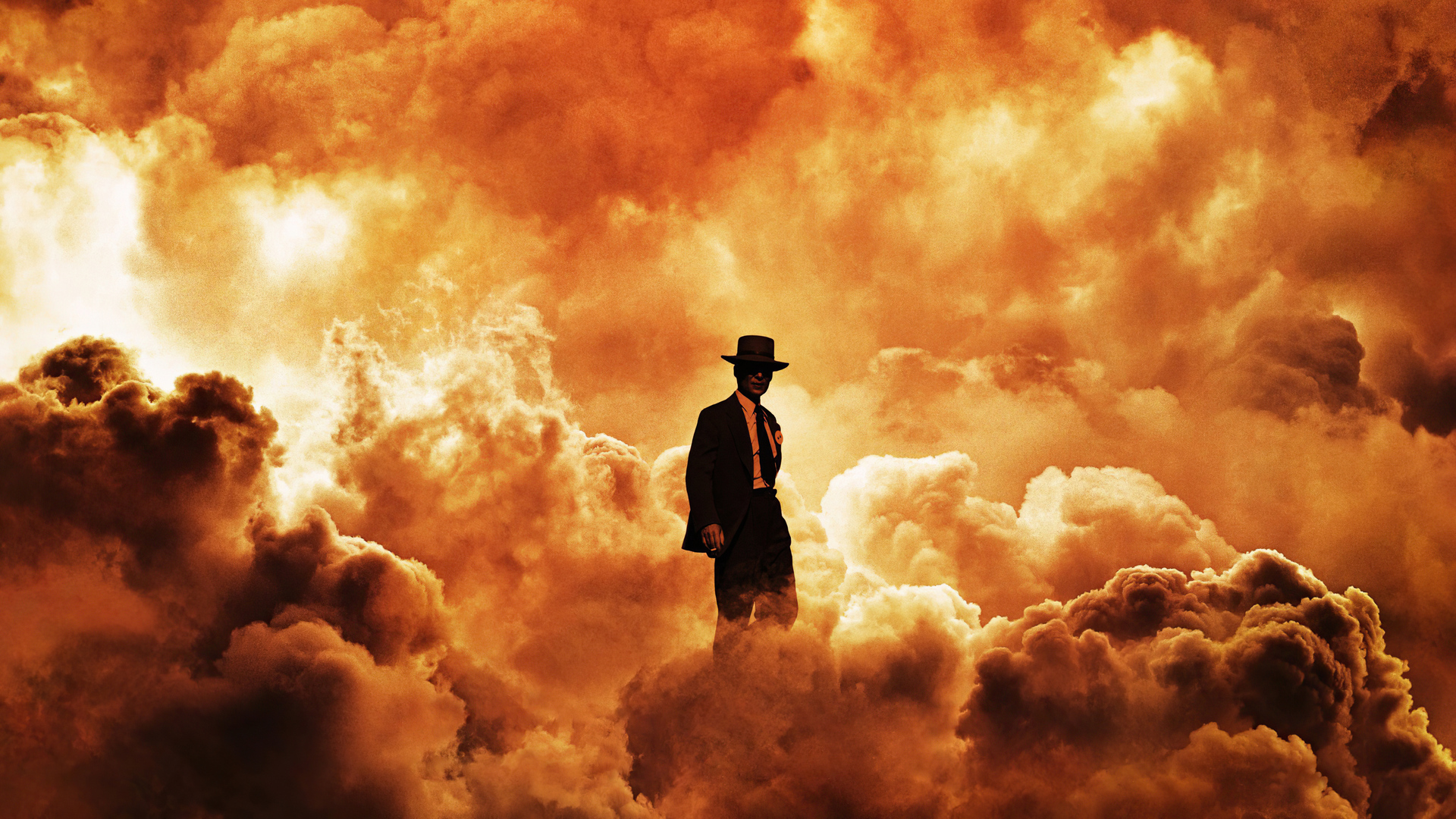
FAQ About Oppenheimer
Who was J. Robert Oppenheimer?
J. Robert Oppenheimer, born Julius Robert Oppenheimer on April 22, 1904, in New York City, was an American theoretical physicist and one of the most significant figures in the development of nuclear physics and the atomic bomb. He is best known for his role as the scientific director of the Manhattan Project during World War II, which led to the creation of the first atomic bombs.
Oppenheimer showed exceptional academic prowess from a young age. He studied at Harvard University, where he earned his bachelor's degree in chemistry in 1925 and his Ph.D. in physics in 1929. He made significant contributions to various areas of physics, including quantum mechanics, quantum field theory, and astrophysics.
However, Oppenheimer's most prominent role came during World War II. He was appointed the scientific director of the Los Alamos Laboratory, where he led a team of scientists working on the development of the atomic bomb. The successful culmination of this project led to the creation of the bombs that were later dropped on Hiroshima and Nagasaki in 1945.
After the war, Oppenheimer continued his work in academia and government. He served as the chairman of the General Advisory Committee of the United States Atomic Energy Commission (AEC), where he advocated for international control of nuclear weapons and supported civilian control of atomic energy. However, his political views and associations came under scrutiny during the Cold War, leading to a controversial security clearance hearing in 1954. His clearance was ultimately revoked, causing considerable damage to his career and reputation.
Oppenheimer continued to contribute to theoretical physics and astrophysics, making important contributions to the study of neutron stars and black holes. He also played a role in shaping science policy and education in the United States. Despite the controversies surrounding his security clearance, Oppenheimer's legacy as a brilliant scientist and key figure in the development of nuclear weapons and their ethical implications remains significant.
He died on February 18, 1967, in Princeton, New Jersey, leaving behind a complex legacy that continues to be studied and debated by historians, scientists, and policymakers.
